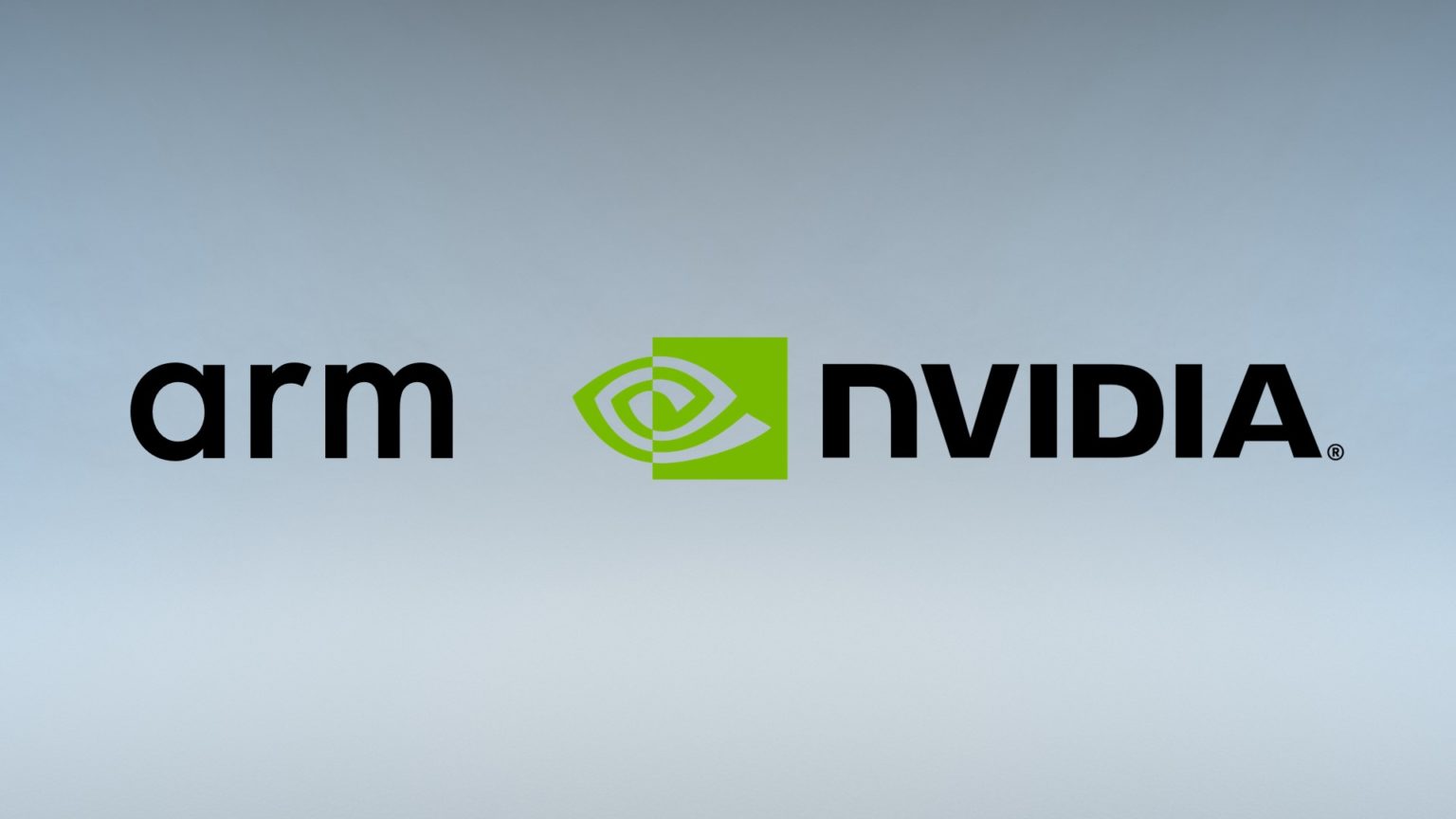Nvidia CEO ‘confident’ $40 billion Arm deal will go ahead
Nvidia’s attempt to acquire Arm has been an uphill struggle

First announced in September 2020, the $40 billion acquisition of semiconductor designer Arm by chipmaker Nvidia has been anything but smooth sailing so far.
However, despite high levels of scrutiny and various setbacks, Nvidia CEO Jensen Huang has said he remains “confident” the deal will receive the thumbs up from regulators.
Dialling into Computex 2021 by video, Huang said he is hopeful the acquisition will be greenlit by early 2022 at the latest.
- Check out our list of the best business smartphones available
- We've built a list of the best business laptops out there
- Take a look at our list of the best mobile workstations right now
“I expect this one to take 18 months, so that’s later this year, early next year. I am confident about the transaction,” he stated. “Our companies are complementary so we’ll bring, by nature, innovations that come as a result of companies that come together and offer complementary things.”
Questions over Arm acquisition
Since the deal was first announced, various regulators and industry players (Google, Qualcomm, Microsoft and more) have expressed serious concerns.
Arm processor architecture is found in the vast majority of mobile devices and an increasing number of computers, providing the foundations for chips manufactured by the likes of Apple, Samsung , Intel, Qualcomm and, indeed, Nvidia.
The worry is that Arm will no longer maintain its manufacturer-neutral stance post-acquisition and that the company’s R&D activity might be oriented in such a way that it benefits Nvidia most.
Are you a pro? Subscribe to our newsletter
Sign up to the TechRadar Pro newsletter to get all the top news, opinion, features and guidance your business needs to succeed!
With these issues in mind, the US Federal Trade Commission (FTC), UK Competitions and Markets Authority (CMA) and European Commission have all launched investigations into the deal. The UK government is also looking into potential national security issues that may arise as a result.
According to Huang, however, the synergies between the two organizations and opportunity for innovation that will benefit the entire market means the acquisition should not be seen as anti-competitive.
“The regulators are looking for: is this good for competition? Is this pro-competitive and [does it] bring innovation to the market? Does it give customers more choice?” he said. “You could see that on the first principle that our companies are complementary.”
Adding a further layer of complexity is the internal battle being waged at Arm for control over its Chinese branch. Arm fired Allen Wu, its China CEO, in June last year over perceived conflict of interest, but Wu has refused to vacate his position.
Since then, the China unit has filed lawsuits against three executives chosen by the Arm board to replace Wu, casting another shadow over the acquisition by Nvidia.
- Check out our list of the best business tablets right now
Via Bloomberg

Joel Khalili is the News and Features Editor at TechRadar Pro, covering cybersecurity, data privacy, cloud, AI, blockchain, internet infrastructure, 5G, data storage and computing. He's responsible for curating our news content, as well as commissioning and producing features on the technologies that are transforming the way the world does business.